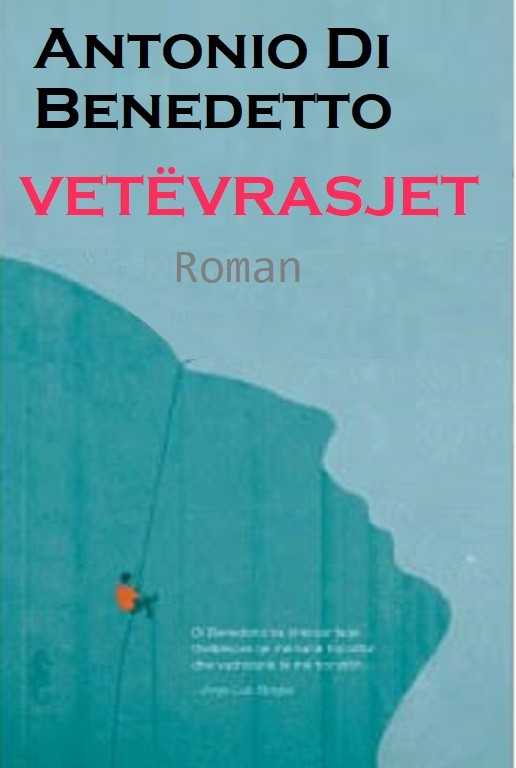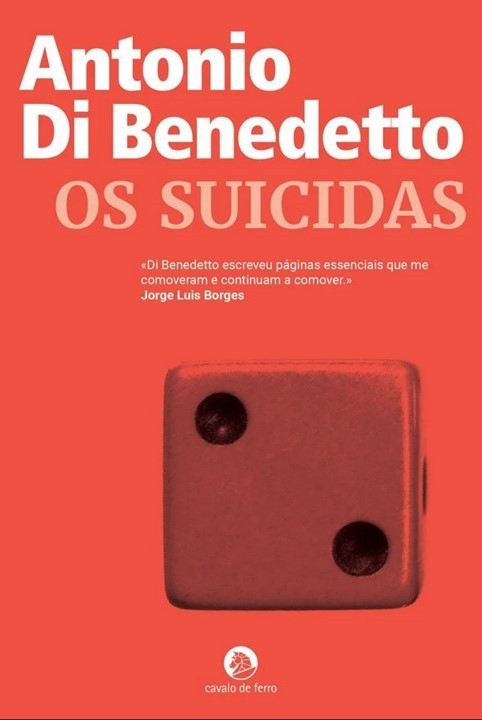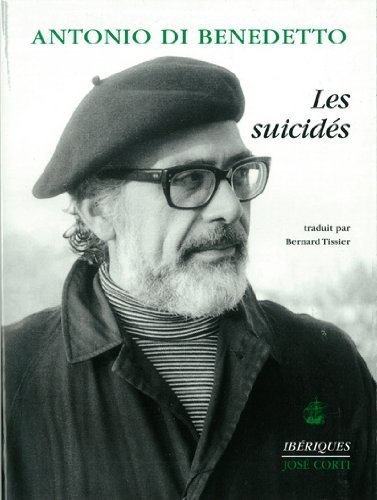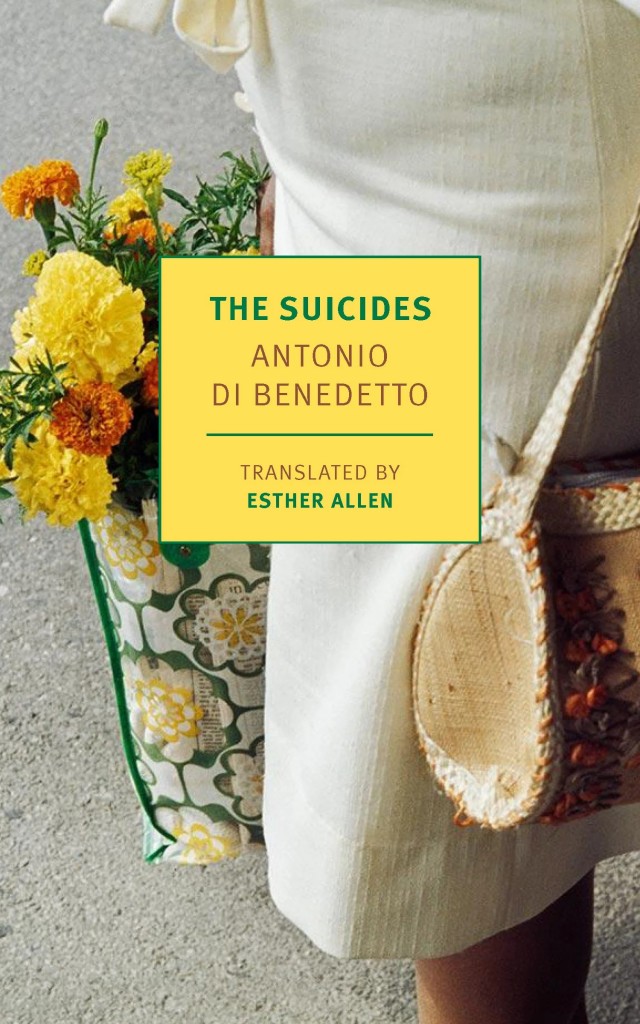




A journalist, egocentric, melancholic and unappreciated by others, a regular at movie theaters and boxing matches, is commissioned to write a series of chronicles on the suicides that have occurred in the city.
With Marcela, the photographer, he becomes involved in his research work, which is as much a detective novel as an anthological essay on this mysterious and ultimate act, and ends up isolating himself almost masochistically in his obsession, with consequences for his family and love life: there are more than a dozen suicides in the family, including his father, who killed himself at the age of thirty-three, an age that the protagonist is about to reach.
As the fateful date approaches, a question becomes pressing: is suicide hereditary?
A novel that closes the «Trilogy of Waiting» -begun with Zama and continued with The Silentiary-, The Suicides prolongs, with its art of precision and irony, this narrative soliloquy that sets out to represent the world and the impossibility of living in it, and which constitutes one of the high points of 20th century literature.
Di Benedetto can be seen as a bridge from the magic of García Márquez to the realism of Bolaño and the generation of Latin American writers that succeeded him.
Michael Greenberg, New York Times
Di Benedetto’s books are compact, existential allegories of estrangement and longing. They are about misanthropic yet disarmingly vulnerable men who are marooned on the periphery of society—’ready to go,’ as one of them thinks, ‘and not going.’
Sam Sacks, Wall Street Journal
Di Benedetto’s narrators cannot take hold of anything, even their own callousness. They falter; they flicker; they do not coalesce…It is hard to imagine a more prescient meditation on the dizzying senselessness of suffering.
Becca Rothfeld, Bookforum
In its cruel melancholy, The Suicides gives a new turn of the screw to the work of a writer who, said Borges, has produced ‘essential pages that have moved me and continue to move me.’
Alberto González Toro
In The Suicides [Antonio Di Benedetto’s fiction] suffers a deliberate ‘disintegration’ of language into a neutral term of writing . . . the ‘degree zero’ of literature which, according to Barthes, achieves a style of absence that is almost an absence of style: ‘This art has the very structure of suicide.’
Augusto Roa Bastos
The novel’s success lies in the author’s light touch with weighty themes, which he layers into the narrative with snippets of philosophical writing on suicide from Confucius, Nietzsche, and others. This is brilliant.
Publishers Weekly
Esther Allen deserves great credit for introducing the author to an Anglophone readership. Having read her translation of Benedetto’s Zama, followed by The Silentiary, I found the wait for The Suicides excruciating. But it was worth it. The final part of this ‘trilogy of expectation’ is, as it should be, a glorious anticlimax…. Benedetto may be understated, but he should not be underrated. Like so many in the NYRB imprint, the book is thrillingly singular. It perfectly dramatizes Nietzsche’s aphorism that the thought of suicide is a great consolation: by means of it one successfully gets through many a bad night.
Stuart Kelly, The Spectator
PUBLICADO POR: Spanish ADRIANA HIDALGO EDITORA | Albania ALEPH KLUB | Brazil EDITORA GLOBO | Czech Republic RUBATO | English NEW YORK REVIEW BOOKS | France CORTI | Greece APOPEIRO | Portugal CAVALO DE FERRO
Otros libros de